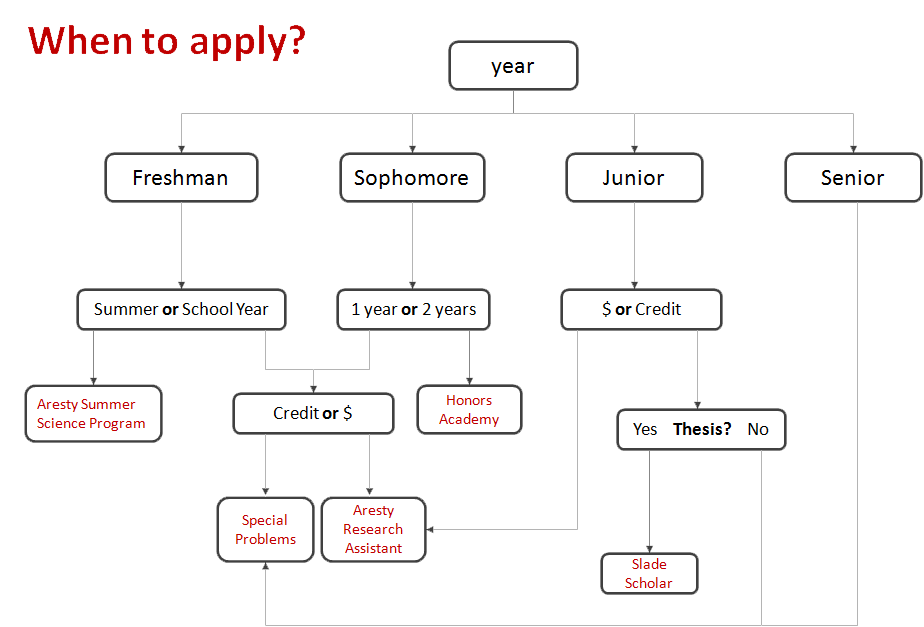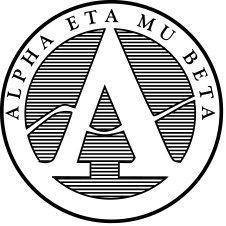Research Positions
On Campus Opportunities
Getting involved with research during your undergraduate career provides a great opportunity to learn new skills, improve and apply your understanding of class material. Especially in biomedical engineering, a field that is so heavily focused on research, an education cannot be complete without experiencing research first-hand! Research experience will also be of high value when applying for research based jobs in industry, graduate programs, or medical school. Finally, it is a great way to network with faculty, graduate students, and undergraduates from other departments!
The Biomedical Engineering major makes it simple to get involved! You can receive course credits toward technical and departmental electives requirements or receive external funds and fellowships for monetary compensation, depending on the specific program. The details of different opportunities at Rutgers University are provided below. Scroll all of the way down for information about summer opportunities at other schools.

Biomedical Engineering Honors Academy
Where: Rutgers BME Faculty or other approved faculty
Compensation: 9 credits (3 technical, and 6 technical or departmental)
Apply: Sophomore year summer
Length: 4 semesters + 1 summer (starting fall junior year)
Other Requirements: poster presentation junior year during Senior Design Conference
More Information: Click here (pg. 34)
Biomedical Engineering Special Problems Courses
Where: Rutgers BME Faculty or other approved faculty
Compensation: 3 credits/semester counting towards technical electives (up to 6 credits total)
Apply: Any semester
Length: 1 or 2 semesters
More Information: Click here (pg. 31)
James J. Slade Scholars Program
Where: Any Rutgers faculty
Compensation: A special honors certificate and notation in the list of honors conferred in the commencement program
Apply: Junior year
Length: 2 semesters
Other Requirements: 3.2 GPA to apply, register for 2 semesters of special problems (only counts toward slade scholar - results in 6 credits above the required for graduation), write thesis (present at a public seminar, and in poster format at Undergraduate Research Day)
More Information: BME Application form (p. 34) or more information
Aresty Summer Science Program
Where: Choose from list of available faculty for the summer you are applying for
Compensation: $3,000 and housing at the University Center Apartments for the duration of the summer
Apply: Freshman year (spring)
Length: 12 week summer session (end of May to mid-August) in summer between freshman and sophomore year
Other Requirements: full time research program, present at poster session at end of summer, must have completed the first science sequence (Biology 101 and 102, Chemistry 161 and 162 or Physics 203 and 204) relevant to the project you're applying for--or received AP credit--by May
More Information: Click here
Aresty Research Assistant
Where: Choose from list of available faculty for the year you are applying for
Compensation: $1,000
Apply: spring; rising sophomores, juniors, and seniors
Length: 2 semesters
Other Requirements: minimum 5 hrs/week spent on research, meet with their Aresty Peer Advisors twice monthly to discuss progress, write a 250 word abstract, apply to participate in the university-wide Undergraduate Research Symposium in April
More Information: Click here
Aresty Grants
Going to a conference, or need extra funding for your project? Apply for an Aresty Grant to help defray costs!
Compensation: Avg. amount awarded: $500
Apply: any time during undergraduate career (applications are accepted twice a year, for fall and spring semesters)
Other Requirements: application packet, must apply to participate in the university-wide Undergraduate Research Symposium in April if awarded grant
More Information: Click here
Summer Off Campus Opportunities
There are many paid summer research programs open to undergraduate students at various schools across the country. REU's (Research Experience for Undergraduates) and SURP's (Summer Undergraduate Research Program) are two of the most common. These programs are generally about 10 weeks in length, pay $3,000-$5,000, and consist of joining a lab at another school and completing a research project with an end of summer presentation or paper. These programs are fantastic networking opportunities and can give you a large advantage when applying to graduate schools. Applications are separate for each school, but there is no limit to the number you can apply for!
Website for REUs.
